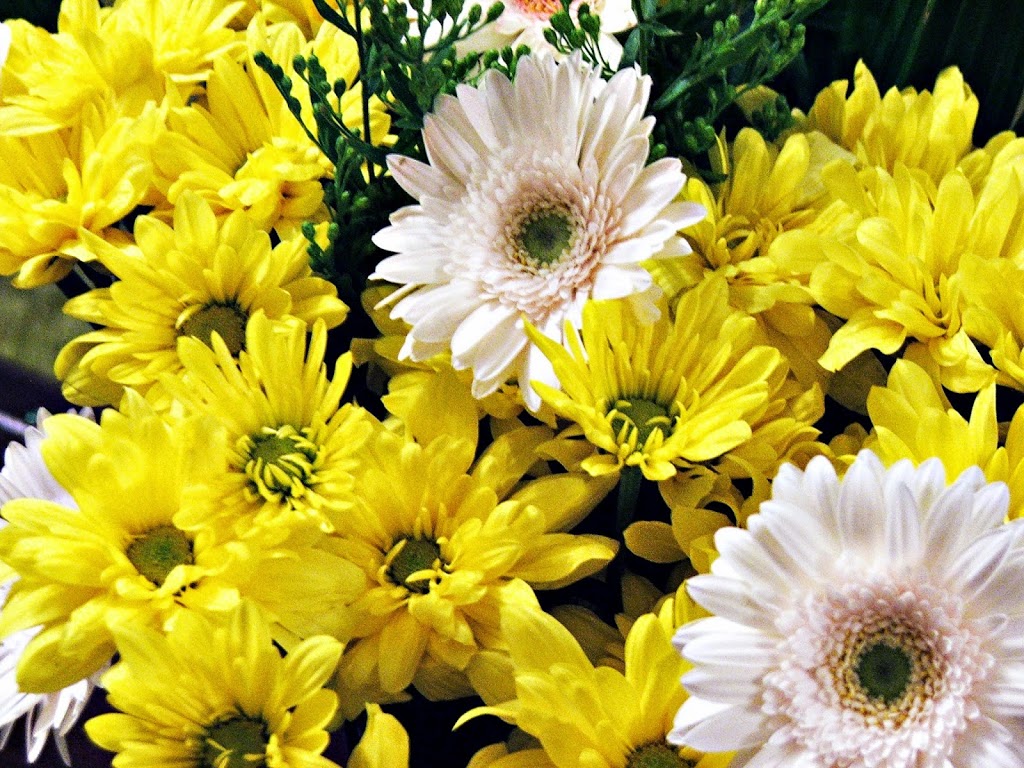I sometimes wonder why certain things happen to me! When I am frantically searching for an item that I absolutely need right now, and cannot find I have often been heard to mutter “why does this always happen to me?”
Can you guess why that particular occurrence may happen to me … and possibly to you too? Bet it was because the last time you used it you failed to put it back in its rightful place!
Everything has its place and everything should be in its place!” was a maxim of my super organised grandmother – and I can hear the echo of those words when I am once more frantically searching for that file or folder before I have to leave the house.
The problem is that life is hectic and when I had finished with it last time, I was immediately focused on the next task and so put the file down on the nearest available space and forgot it. Over the next few weeks or so, I may have seen and possible even moved it to get at something else, but the one thing I failed to do was to replace it in ‘its own place’.
Consequently when I next really needed it … well, you know what happened.
This simple, and I suspect usual, scenario leads me into today’s thoughts – we often sow the seeds of our own disasters without a care in the world, and only when they come to fruition do we realise the extent of our failure.
The temptation then is to blame someone else, or our circumstances; or even ‘things beyond our control’ – but it doesn’t change the facts; we planted the seed so we harvest the fruit.
Good intentions are no guarantee that our fruit will be sweet; sometimes the seeds we planted with all the best intentions in the world can produce the bitterest of results. Again the temptation is to blame outside influences, everyone else and fall back on the self-indulgent thought that at least our intentions were good, so the unpleasant results must be someone else’s fault.
The English poet, William Henley, suffered from tuberculosis of the bone which led to the amputation of his lower leg. He was often in great pain but devised a philosophy which enabled him to live a full and active life despite his disability.
Many of us will know his poem “Invictus”; especially the last verse:
It matters not how strait the gate,
How charged with punishment the scroll,
I am the master of my fate:
I am the captain of my soul.
I am the captain of my soul.
Here, Henley was talking about self-determination; the truth of life. It is we that control our destiny; not fate, not other people – but us. Our choices, our attitude, our decisions and our actions – these make us the ‘master of our fate’ and the ‘captains of our soul’. And each one of these is a seed we plant to be harvested in the future.
My failure to put the file I used away is a simple example of how my simple choice actually impacted on my future. When I harvested the fruit of that seed, I arrived at the meeting out of breath, frustrated and without the file containing the vital information that I needed. The consequence of that was that I lost the contract and the respect of these I hoped to work for.
A simple seed, so carelessly sown – but the fruit was very bitter to taste.
Today I have taken the decision to be more thoughtful of the kinds of seeds I sow, and more careful of the possible fruits I may harvest in my future. My actions will lead to consequences; if I do not like the consequences then I must change the actions.
What sort of seeds are you carelessly sowing today, and will you remember that it was you that actually put the chain of events in motion? If your fruit is bitter to the taste will you recall the single seed that you planted, then germinated and grew into this?
“Although we are responsible for what we sow, we forget that we’ve planted these seeds and either give credit to or blame people or things outside of us when they ripen … But we lose sight of the fact that each thought, word, and action will produce a result. When the fruit finally ripens, we think, ‘why did this happen to me? I’ve done nothing to deserve this.’ – Chagdud Tulku Rinpoche
So here’s to more productive gardening in the future where, if I do sow seeds of my own disappointment, I will be strong enough to say “Well, that didn’t work out, so what can I learn?” rather than wailing “Why does this always happen to me?”
Michele @ Trischel


